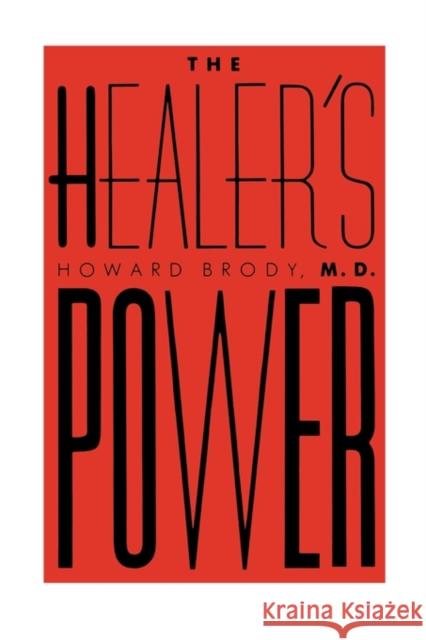The Healer's Power » książka
The Healer's Power
ISBN-13: 9780300057836 / Angielski / Miękka / 1993 / 324 str.
Although the physician's use and misuse of power have been discussed in the social sciences and in literature, they have never been explored in medical ethics until now. In this book, Dr. Howard Brody argues that the central task is not to reduce the physician's power, as others have suggested, but to develop guidelines for its use, so that the doctor shares with the patient both information and the responsibility for deciding on appropriate treatment. Dr. Brody first reviews literary works dealing with medical power, from Dostoevsky's "The Grand Inquisitor" to stories by William Carlos Williams, Vonda McIntyre, and Richard Selzer. These works, he shows, reveal the healers' ambivalence over their own powers and patients' fears of the abuse of power. Dr. Brody then points out important but neglected ethical issues that emerge from an analysis of power, such as the tension between care of individual patients and the pressures of the doctor's workload; the rescue fantasy that impels some physicians to extraordinary lengths to save a life; and the economic system, which rewards surgeons and other specialists more than it does physicians who spend time talking with patients about their problems. He also shows how the perspective of shared power can shed new light on standard topics in medical ethics--from informed consent and confidentiality to resource allocation and cost containment.











